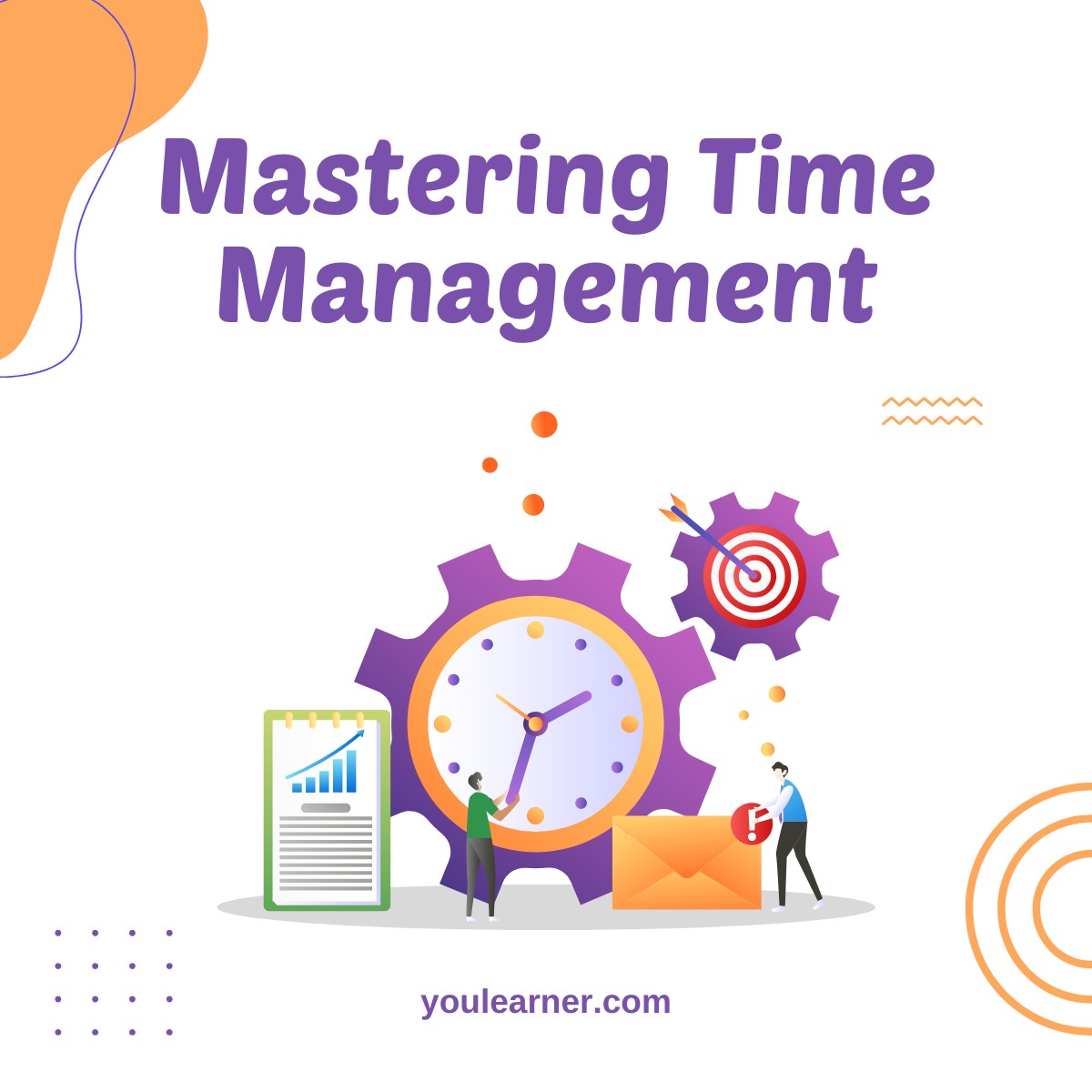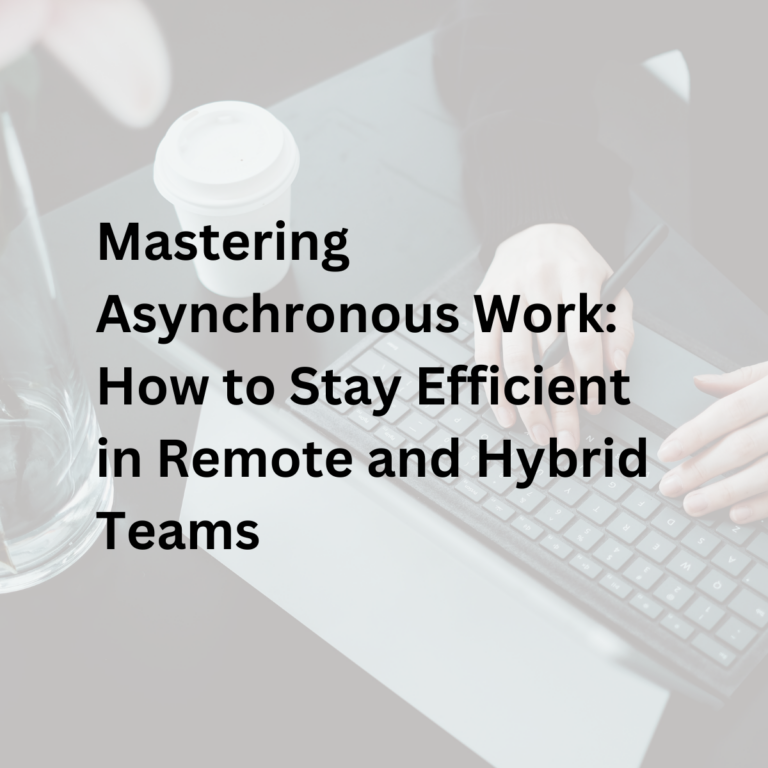Mastering Time Management: Tools and Techniques for Modern Professionals
Time management is a skill that every professional must master to thrive in today’s fast-paced world. With endless tasks, tight deadlines, and the constant buzz of notifications, staying productive can seem like a monumental challenge. However, with the right tools and strategies, you can take control of your time and make the most out of your day. Let’s dive into practical ways to manage your time effectively and boost productivity.
Why Time Management Matters
Time is a limited resource, and once it’s gone, you can’t get it back. Good time management helps you prioritize your tasks, reduce stress, and achieve your goals more efficiently. It’s not just about getting more work done; it’s about getting the right work done.
Practical Strategies for Time Management
1. Start with a Plan
Begin each day by listing your tasks and goals. A clear plan gives you direction and ensures you focus on what’s important. Use the Eisenhower Matrix to categorize tasks based on their urgency and importance:
- Important and Urgent: Do these immediately.
- Important but Not Urgent: Schedule these for later.
- Not Important but Urgent: Delegate if possible.
- Not Important and Not Urgent: Eliminate these tasks.
2. Prioritize Your Tasks
Not all tasks are created equal. Use the Pareto Principle, or the 80/20 rule, which suggests that 80% of your results come from 20% of your efforts. Focus on high-impact tasks that bring the most value.
3. Break Down Big Projects
Large projects can be overwhelming. Break them into smaller, manageable tasks. This approach makes progress more visible and less intimidating, keeping you motivated to move forward.
4. Set Boundaries
Learn to say no to unnecessary commitments and distractions. Protect your time by setting boundaries and communicating them clearly to colleagues, friends, and family.
5. Embrace the Power of Focus
Multitasking often leads to mistakes and wasted time. Instead, practice single-tasking by dedicating your full attention to one task at a time. Use techniques like the Pomodoro Technique, which involves working for 25 minutes and then taking a 5-minute break.
Tools to Enhance Productivity
1. Task Management Apps
Tools like Trello, Asana, and Microsoft To Do help you organize tasks, set deadlines, and track progress. These platforms are especially useful for collaborative projects.
2. Time-Tracking Software
Apps like Toggl and RescueTime show you how you’re spending your time, helping you identify and eliminate time-wasting activities.
3. Digital Calendars
Use tools like Google Calendar or Outlook to schedule meetings, set reminders, and block time for focused work. Color-coding your calendar can help you visualize your day better.
4. Automation Tools
Automation tools like Zapier and IFTTT can save you time by handling repetitive tasks, such as sending email reminders or updating spreadsheets.
5. Note-Taking Apps
Apps like Evernote and Notion allow you to capture ideas, create to-do lists, and organize information in one place.
Tips for Staying on Track
1. Review Your Day
At the end of each day, take 10 minutes to review what you’ve accomplished and plan for tomorrow. This habit keeps you organized and prepared.
2. Avoid Procrastination
If you find yourself procrastinating, use the two-minute rule: If a task takes less than two minutes, do it immediately. For larger tasks, start with just five minutes of work to overcome inertia.
3. Minimize Distractions
Turn off unnecessary notifications, create a clutter-free workspace, and use focus apps like Forest or Focus@Will to stay in the zone.
4. Take Care of Yourself
Remember that your energy levels impact your productivity. Get enough sleep, eat healthy meals, and take regular breaks to recharge.
5. Learn to Delegate
You don’t have to do everything yourself. Delegate tasks that others can handle, freeing up your time for more critical responsibilities.
Final Thoughts
Mastering time management is a journey, not a one-time fix. It requires consistent effort, experimentation, and a willingness to adapt. Start small by implementing one or two strategies or tools, and build from there. With time, you’ll develop a system that works best for you, helping you stay productive, reduce stress, and achieve your goals.







